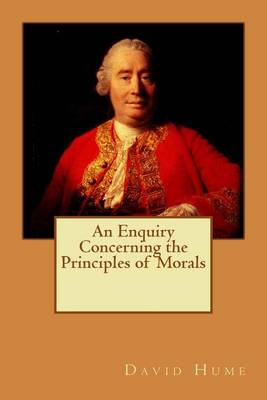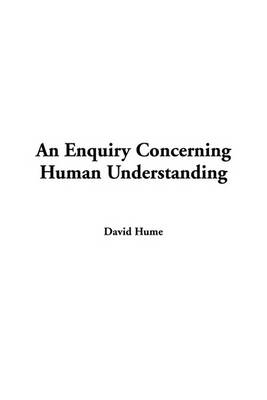Classic Philosophy
2 total works
In his antireligious Essay On Miracles, David Hume reiterates a simple message: No testimony is sufficient to establish a miracle, unless the testimony be of such a kind, that its falsehood would be more miraculous, than the fact, which it endeavors to establish.
How do we come to have ideas about the world and about the relationships of objects we perceive therein? Is all impressed upon the senses from outside or does the human mind have a significant role to play in how such concepts as "causality," "probability," "necessity," "contingency," "miracles," and others are to be understood? If so, what is the nature and extent of that role?
In this classic work of early modern epistemology, Hume offers important insights about how we come to understand and have knowledge of our world and, in so doing, alter our relationship with it.
In this classic work of early modern epistemology, Hume offers important insights about how we come to understand and have knowledge of our world and, in so doing, alter our relationship with it.

